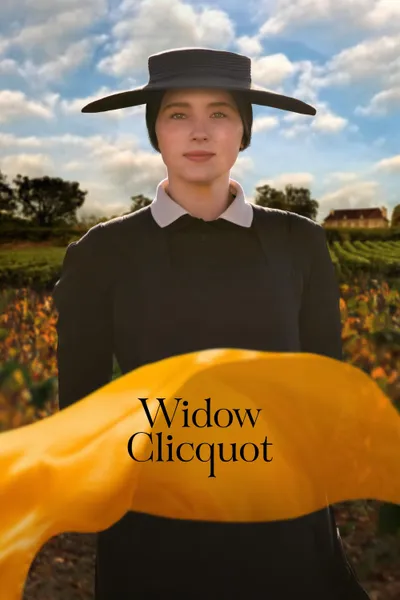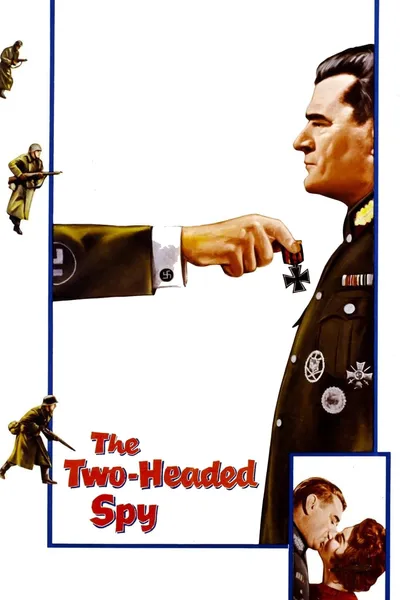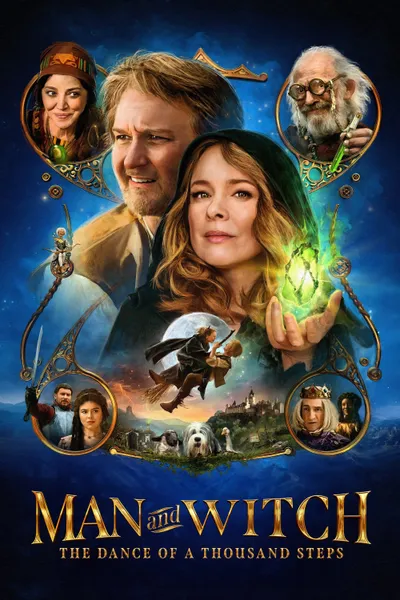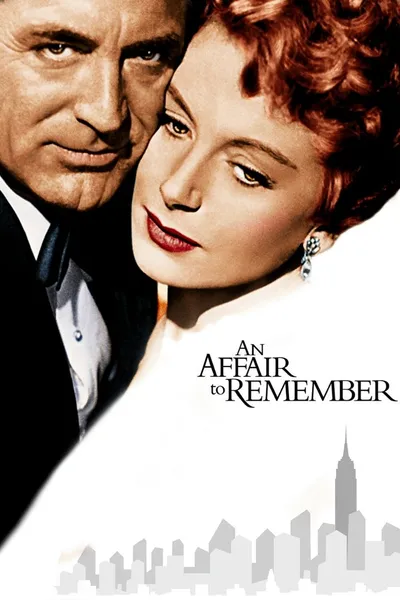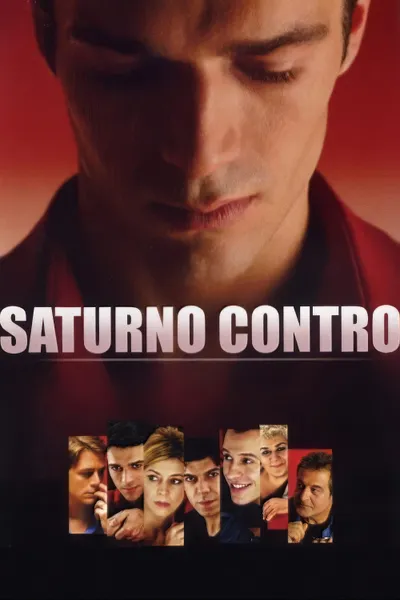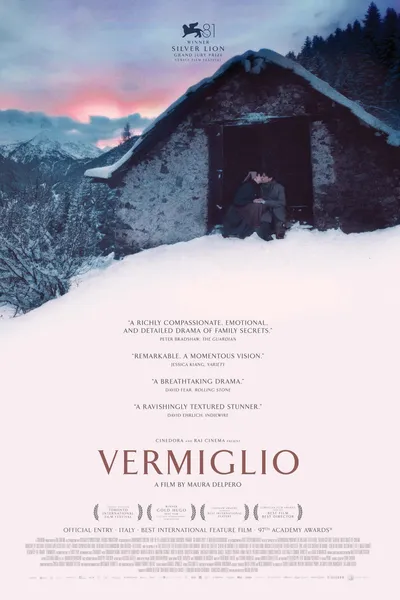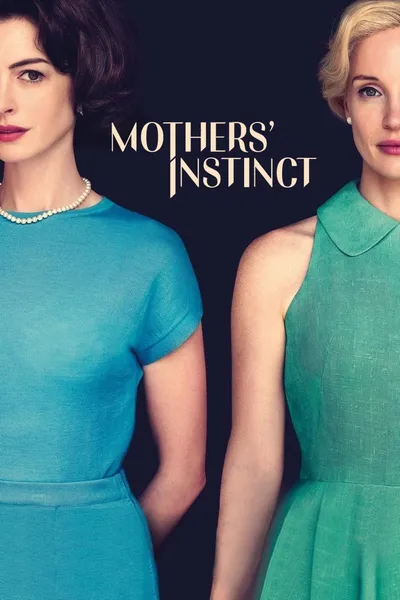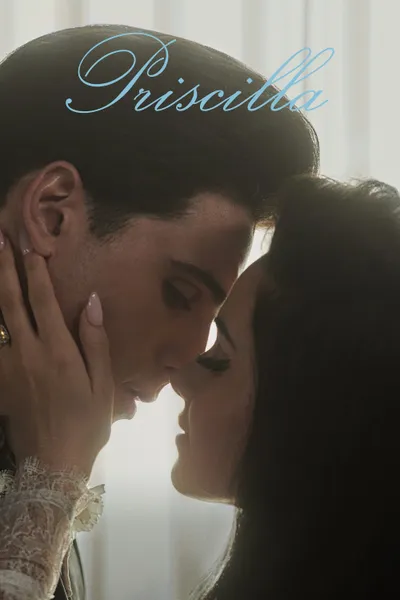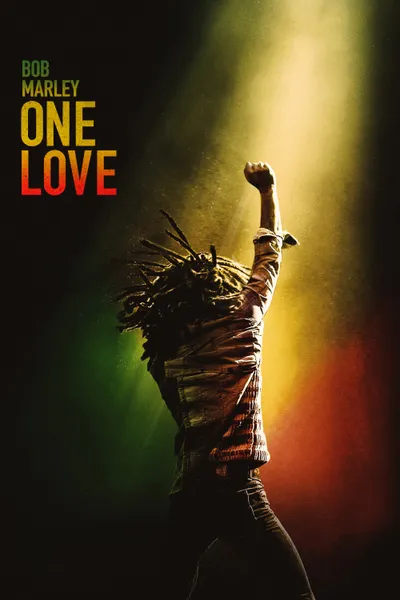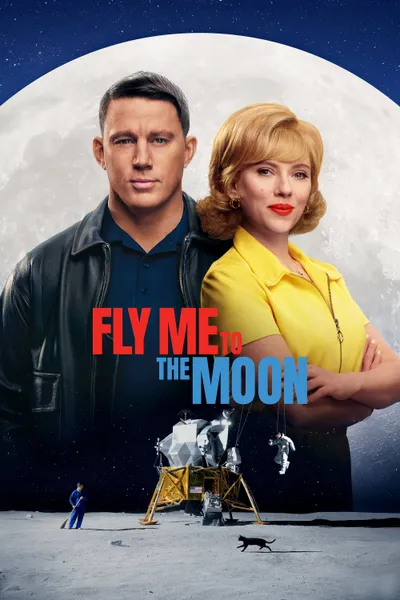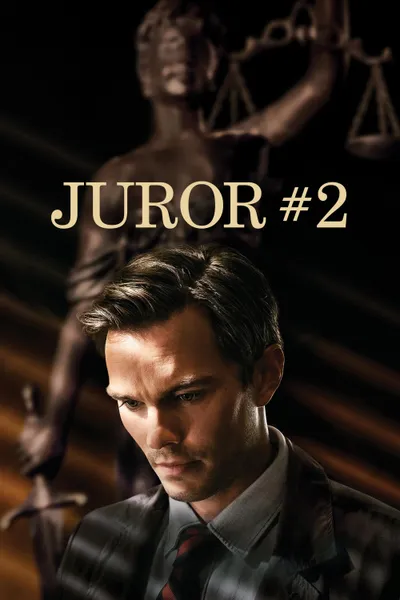Reviews
Brent Marchant
August 19, 20247.0
Combining all of the elements that go into making a fine film and blending the various ingredients in just the right proportions is akin to the practice of crafting a fine wine – and quite an irony here given the subject matter of this engaging cinematic biography of Barbe Nicole Ponsardin Clicquot (1777-1866) (Haley Bennett), the French winemaker who became better known as “the Grand Dame of Champagne.” Having inherited the business of her husband, François (Tom Sturridge), after this death, she vowed to continue operating the winery, carrying on his vision for innovation in the face of stiff competition from the rival Moet organization. But doing so was quite the challenge in light of financial difficulties, vintage failures, the questionable business practices of competitors, the responsibility of raising a young daughter (Cecily Cleeve) as a single mother, onerous operating conditions during the Napoleonic Era and the profound doubts of others (most notably her skeptical sexist father-in-law, Philippe (Ben Miles)) about whether a woman could successfully run an organization like this. Director Thomas Napper’s latest chronicles the Widow Clicquot’s inventive efforts to address these issues, as well as her ambitious initiatives to live up to the dreams of her late husband, in large part with the assistance of her loyal distributor, Louis (Sam Riley). In telling this story, the filmmaker seamlessly blends challenging events of everyday operations with flashbacks of a more personal nature, exploring the heartfelt feelings that provided the basis for the Clicquot philosophy of winemaking. The picture’s superbly crafted narrative and screenplay, combined with exquisite period piece production values and excellent performances (particularly Bennett in one of her best on-screen portrayals), make for an involving, multifaceted watch. Admittedly, there are times in the second half where the story meanders somewhat, and some may find that this release gets a little too detailed when discussing the technical particulars of vinification. However, much of this offering is evenly balanced, effectively holding viewer interest about a subject that’s not especially common in the annals of filmmaking. What’s more, though, on a more philosophical level, this release celebrates the inherent joy and passion involved in the act of creating, ideas applicable to the manifestation of any artform, be it wine or painting or whatever else we’re capable of envisioning and bringing into being. And, if that’s not worth drinking a toast to, I don’t know what is.

CinemaSerf
August 29, 20246.0
Haley Bennett turns in a reasonable effort here as the eponymous lady who has to keep control of her late husband's vineyards at a time in history when Napoleon's wars were raging throughout Europe - and France wasn't doing so well, by this point - and his laws prohibited women from managing so much as a dinner party. The death of François (Tom Sturridge) has left her a property that her former father-in-law Philippe (Ben Miles) is keen to sell to the neighbouring Mr. Moet but with a bit of help from accountant "Edouard" (Anson Boon) and roguish distributor "Droite" (Paul Rhys) she is determined to develop her own brand of Champagne and, probably more precariously, get the stuff to the well-heeled markets readily prepared to pay through the nose for wine without the "frog-eyed bubbles". The framework is here for a good story, depicting the struggles of a woman - and a father - coming to terms with an untimely death amidst a wartime environment. We do learn a little, via flashback, that her marriage was loving but that her husband became mentally ill putting huge stress on this woman and on their young daughter but the dramatisation is rather let down by a typically uninspiring performance from Sturridge and some quite weak storytelling. Certainly, the film looks great and it illustrates well the difficulties in getting the vintage grown in the first place before bottling these mobile explosive devices and taking them, by wagon, to market and it's quite richly scored by Bryce Dessner, but director Thomas Napper has over-relied on the aesthetics of the film and put too little into the characterisations of a woman who clearly knew her own mind and was not going to let her beloved husband's legacy disappear - even at the risk of bankruptcy. It's worth a watch, but a cinema screening doesn't really add much value to this undercooked period drama that just lacked, well, fizz.
Recommendation Movies
Armand2024
Boléro2024
Holiday Date2019
Pintus @Forum2014
The Two-Headed Spy1958
Man and Witch: The Dance of a Thousand Steps2024
Before Dawn2024
Like or Die2023
Green Border2023
An Affair to Remember1957
Saturn in Opposition2007
Vermiglio2024
Mothers' Instinct2024
Priscilla2023
Bob Marley: One Love2024
Fly Me to the Moon2024
The Union2024
Before Sunset2004
Emilia Pérez2024
Juror #22024
© 2025 MoovieTime. All rights reserved.Made with Nuxt
